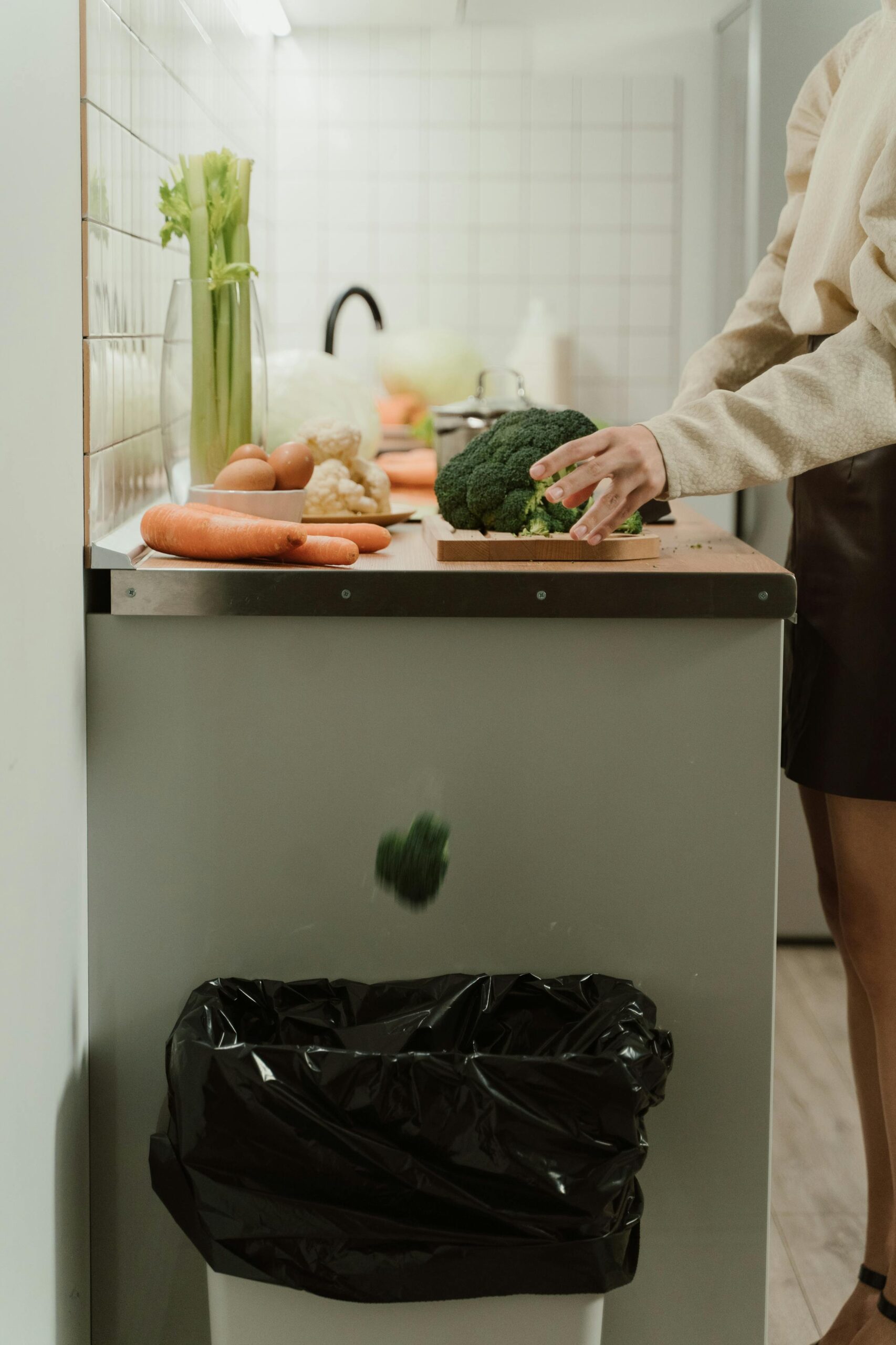What is Composting? (Meet Search Intent First)
Composting is a natural process that transforms kitchen scraps and yard waste into nutrient-rich soil. If you’ve ever wondered how to reduce waste and improve your garden’s health, composting is the answer. It’s simple, cost-effective, and environmentally friendly—giving you rich, organic fertilizer while cutting down on landfill waste.
Why Composting Matters
In my experience, composting is one of the most rewarding gardening practices. Not only does it reduce household waste by up to 30%, but it also enriches soil, improves plant health, and cuts down on the need for chemical fertilizers. Plus, it’s a small but significant step toward a more sustainable lifestyle.
How Composting Works
Composting is a decomposition process driven by microorganisms, fungi, and bacteria that break down organic materials into humus—a dark, crumbly, and nutrient-packed soil amendment. The key ingredients for successful composting include nitrogen-rich greens (food scraps) and carbon-rich browns (dry leaves, paper). With the right balance, air, and moisture, your compost will break down efficiently.
What Can You Compost?
A successful compost pile includes a mix of green and brown materials:
- Greens (Nitrogen Sources): Vegetable peels, fruit scraps, coffee grounds, eggshells, grass clippings.
- Browns (Carbon Sources): Dry leaves, shredded paper, cardboard, sawdust, straw.
- Avoid: Meat, dairy, oily foods, pet waste, and diseased plants, as they attract pests and slow down decomposition.
How to Start Composting at Home
1. Choose Your Composting Method
There are several ways to compost, depending on your space and lifestyle:
- Backyard Composting: Ideal for those with outdoor space; requires a compost bin or pile.
- Vermicomposting: Uses worms to break down scraps, perfect for small apartments.
- Bokashi Composting: A fermentation process suitable for all food scraps, including dairy and meat.
2. Set Up Your Compost Bin
Find a shady, well-drained spot in your yard or use a compost bin indoors. Layer green and brown materials to maintain the right balance, ensuring airflow to speed up decomposition.
3. Maintain Your Compost Pile
- Turn the pile regularly to aerate and accelerate decomposition.
- Monitor moisture levels—it should feel like a damp sponge.
- Troubleshoot issues: If it smells bad, add more browns; if it’s too dry, sprinkle water.
How Long Does Compost Take?
The composting process can take anywhere from two months to a year, depending on factors like temperature, material balance, and how often you turn the pile. Hot composting methods can speed up decomposition, while cold composting takes longer but requires less effort.
Benefits of Using Compost in Your Garden
- Improves soil structure by enhancing moisture retention and aeration.
- Boosts plant health with essential nutrients for strong roots and growth.
- Reduces reliance on synthetic fertilizers, saving you money while protecting the environment.
- Encourages beneficial microorganisms, leading to healthier soil and plants.
Common Composting Mistakes to Avoid
- Overloading with one type of material—balance greens and browns for proper breakdown.
- Neglecting aeration—a stagnant pile can smell and slow decomposition.
- Adding the wrong materials—avoid processed foods, dairy, and meat to prevent pests.
Conclusion
Composting is one of the easiest and most effective ways to reduce waste and improve your garden. With just a little effort, you can turn everyday kitchen scraps into rich, organic fertilizer—saving money and helping the planet in the process. So why not start today? Your garden (and the environment) will thank you!
Have any composting tips or success stories? Share them in the comments below!
